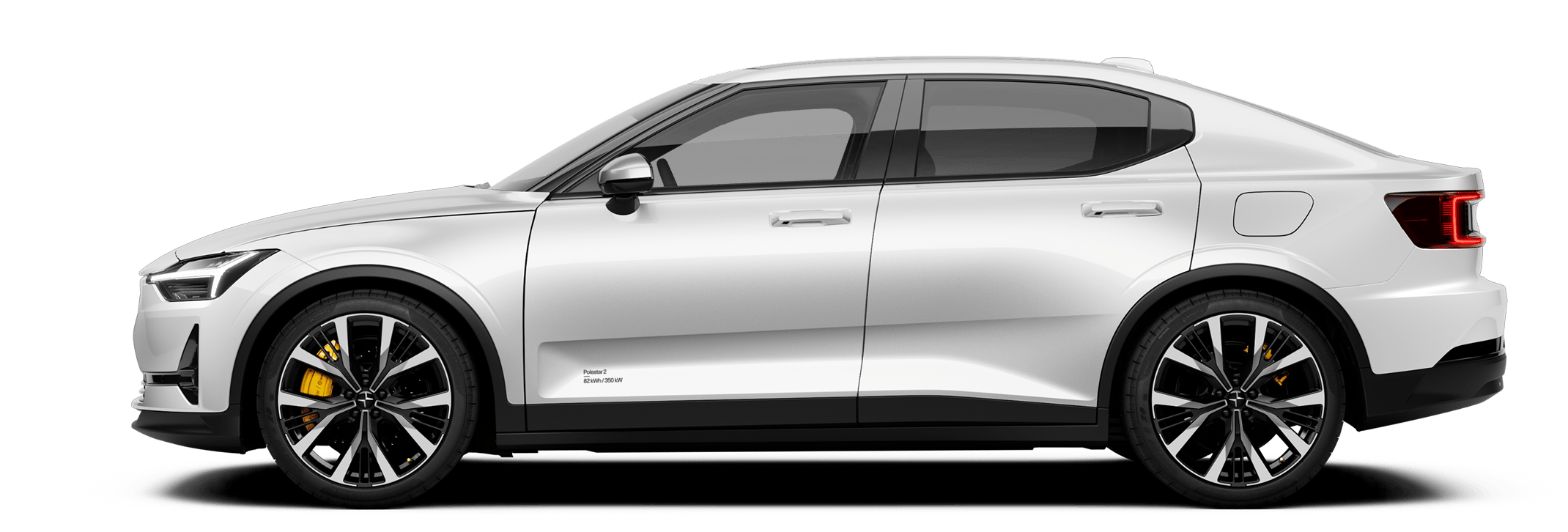Recommendations for long-term storage
For long-term storage of the car (longer than 1 month), the following recommendations should be followed. Make sure that the car has an appropriate State of Charge (SoC) and also make it a habit to check the car on a regular basis during long-term storage.
Before long-term storage
- Recommended State of Charge (SoC) for long-term storage is between 40% and 50%. Set the recommended State of Charge (SoC) in the centre display.
- If the State Of Charge (SOC) is exceeds the recommendation – drive the car to the recommended State Of Charge (SOC).
- If the State Of Charge (SOC) is lower than the recommendation – charge the car to the recommended State Of Charge (SOC).
- Recommended tyre pressure for long-term storage is 330 kPA (48 PSI). Check the tyre pressure and adjust to the correct pressure, which is specified on the car's tyre information decal or certification label.
During long-term storage
- Check that the charging cable is connected to a 230 V socket1 (alternating current).
- Check the State Of Charge (SOC) continuously and restore to a suitable State Of Charge (SOC) if it is below 20%.
- If storage longer than 3 months is planned, it is recommended that the car has constant AC charging connected with maximum State Of Charge (SOC) set at 40% or 50%. Check continuously that the AC charging is working.
Note
Choose the coolest location possible for the vehicle in order to minimise aging of the batteries during long-term storage. During summer the vehicle should preferably remain indoors or outdoors in the shade, depending on where the temperature is lowest.
After long-term storage
- Check the brakes by driving the car slowly for a short distance. Depress the brake pedal five times (five seconds each time).






